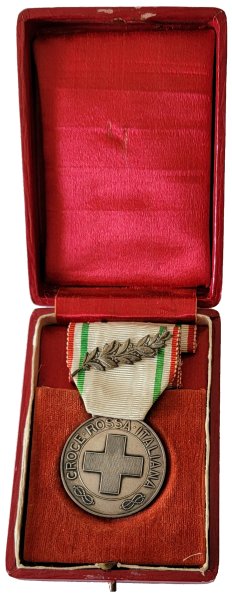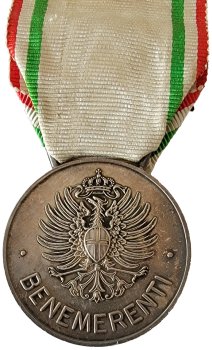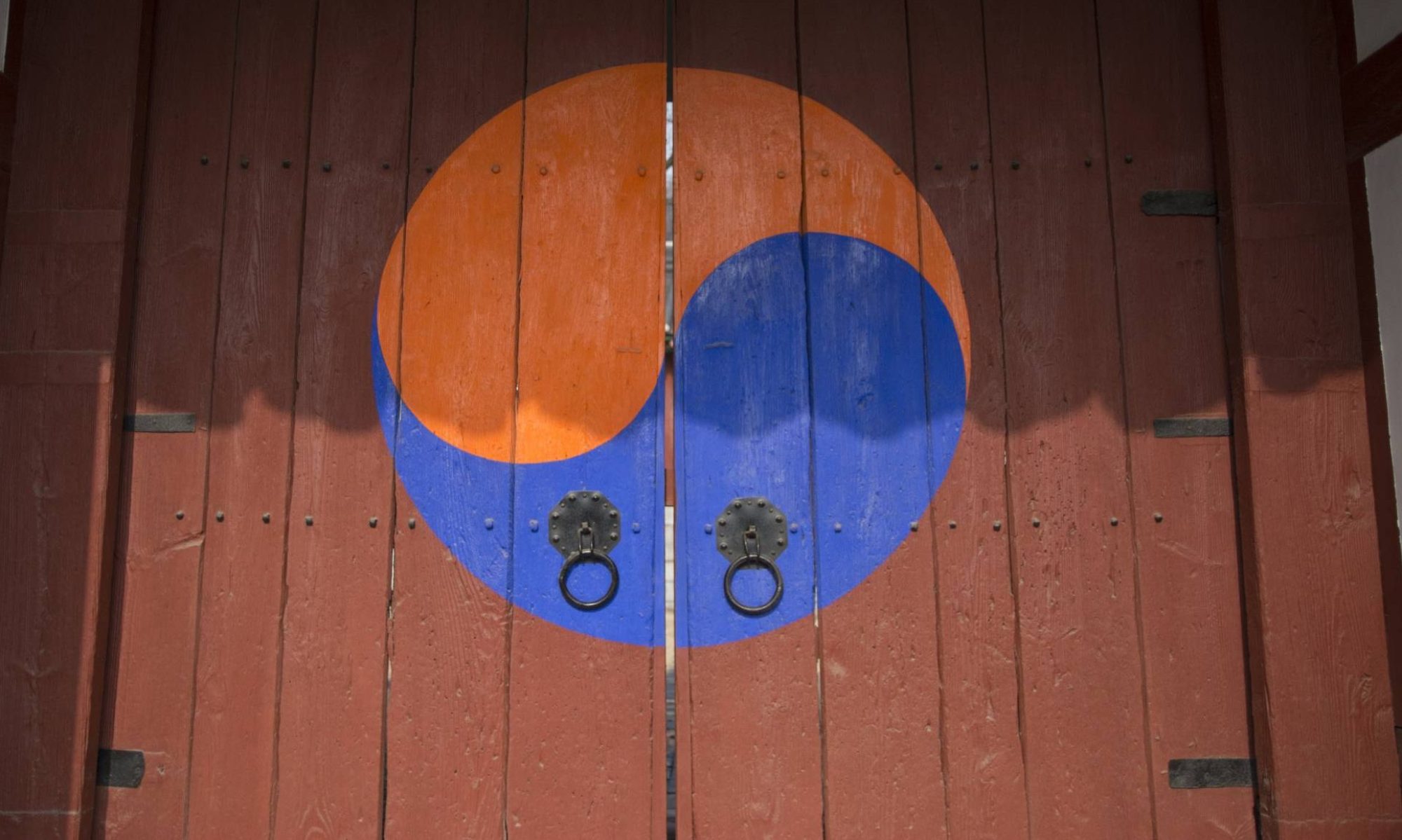Italy was not a member of the UN when the Korean War broke out. Nevertheless, as the International League of Red Cross appealed to the Red Cross in each country to provide medical support to Korea, on August 1950, Italy decided to dispatch a medical support unit. The Italian Red Cross organized the 68th Red Cross Hospital, composed of 6 medical officers, 2 administrative personnel, 1 pharmacist, 1 chaplain, 6 nurses, and 50 soldiers. Then, it prepared for participation by securing necessary medical equipment and medicine, and training personnel.
On November 16, 1951, the 68th Red Cross Hospital arrived in Pusan, and moved to Seoul where the hospital would be opened. Italy was the last country which dispatched combat or medical units to the Korean War. In addition, Italy was the only non-member of the UN.
The Activity of the 68th Red Cross Hospital
On December 6, 1951, the Italian medical unit opened a hospital with a capacity of 150 beds in Yongdeungpo, Seoul. It had surgical, internal, pediatric, dental, and radiation treatment facilities. On December 12th, it installed a clinic for civilians. Except for some special items, necessary medicine was supplied by the Italian Red Cross.
From then on, the Hospital installed an emergency room and an outpatient treatment room which operated for 24 hours. It provided medical treatment to 300 civilian patients a day during weekdays. Serious patients among them were hospitalized.
From July 1952 to June 1953, the Red Cross Hospital treated 1,639 inpatients and 35,000 outpatients, and carried out 15,000 operations. Even after the armistice, a number of patients stayed in the Hospital.
Accordingly, the Red Cross Hospital continued its mission until one year after the armistice. During this period, the number of vacant beds increased as recovered UN soldiers returned home. As a result, the main mission of the Hospital changed to treating civilians, which lasted until January 2, 1955, when the Hospital unit returned to Italy. At that time, as most of inpatients who were turned out were parasite carriers, the hospital was urgently supplied with germicide from Italy, contributing to exterminating the parasite.

For 8 months until August 1952, the Hospital provided internal treatment for 19,070 patients, surgery for 10,475, ophthalmic for 2,239, tubercle for 9,369, dental for 1,123, and radiology for 7,754. On September 17th when there was a train crash accident, in which 12 persons were killed, and about 160 wounded, near Kurodong, Seoul, the Red Cross Hospital immediately dispatched an Emergency Task Force which provided medical treatment for 161 injured persons. On October 16th, President Rhee visited the Hospital to appreciate its service in the train accident, and to award a citation. Unfortunately, however, the hospital building was destroyed by fire. Although there was no human damage thanks to rapid rescue activity, valuable medical equipments were lost. Within 3 months after the fire, the 68th Red Cross Hospital built a new quonset building on February 23, 1953, supported by the Italian government and the UN. In addition, the facilities were improved as new medical equipments were supplied from Italy. The number of beds also increased to a maximum of 200.

The Italian Red Cross Medal of Merit (or Medaglia al merito della Croce Rossa Italiana) is an Italian award established in 1913.
The medal was awarded in both peacetime and wartime. In peacetime, for particular merits or personal actions and for social commitment and organizational capacity. In wartime for those who have particularly distinguished themselves or worked for the Association in peace and humanitarian support operations in support of populations affected by armed conflict.
The medal was awarded in the following grades:
- Gold Medal of Merit, awarded for services rendered in wartime in the area of operations,
- Silver Medal of Merit, awarded for services rendered in times of war in the area of operations, and
- Bronze medal of merit, awarded for services rendered in wartime in the area of operations.
- Diploma of Merit, awarded for services rendered in times of war in the area of operations.
The Italian Red Cross Medal of Merit Design
The medal has a diameter of 34 millimeters and weighs about 16,67 grams. It was issued with a red case, with red fitted leatherette exterior.
The ribbon is white with narrow red, white, and green edges.
